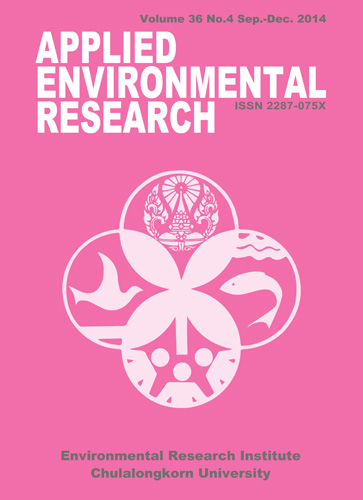The Potential of Social Capital in the Implementation of Payment for Environmental Services in Tawang Retention Pond
Main Article Content
Abstract
A high level of space and land utilization in the city of Semarang, Indonesia, has caused degradation of natural resources, both terrestrial and aquatic. In particular, the impact of flooding and high spring tides has worsened over time. Payment for Environmental Services (PES) is now being developed globally as a market-based instrument to attribute value to ecosystem, environmental and social services provided by natural resources, recognizing the value of social capital. Local networks and communities play important roles and have positive impacts on economic welfare and local development. The aim of this study is to analyse the potential of social capital as source of support in implementation of PES in Tawang Retention Pond. This research use mixed methods (both qualitative and quantitative approaches) to produce a more complete picture by combining and comparing information from different sources. The result shows that the characteristics of the community surrounding Tawang retention pond is included in a type of Bridging Social Capital which is characterized by a sense of spontaneous (reciprocity), mutual trust and social networks such as members of the SHGs (Self-Help Groups) who indulge in the activities of gathering, social funds that bridge the poor to join a self-help community groups. This qualitative result is strengthened by the results of correlation analysis where there is a significant correlation between social capital and PES with a coefficient of 59.5%. This means social capital is potentially an important factor in the application of PES.
Article Details

This work is licensed under a Creative Commons Attribution-NonCommercial 4.0 International License.
Published articles are under the copyright of the Applied Environmental Research effective when the article is accepted for publication thus granting Applied Environmental Research all rights for the work so that both parties may be protected from the consequences of unauthorized use. Partially or totally publication of an article elsewhere is possible only after the consent from the editors.

